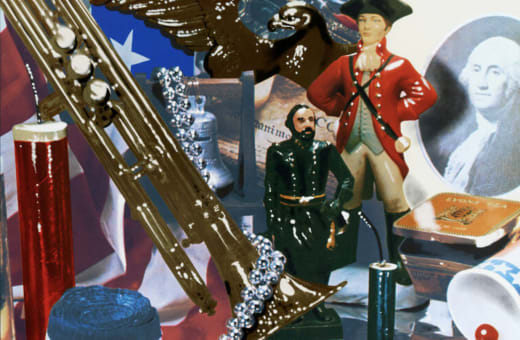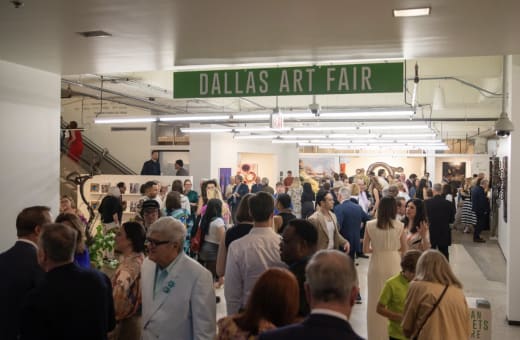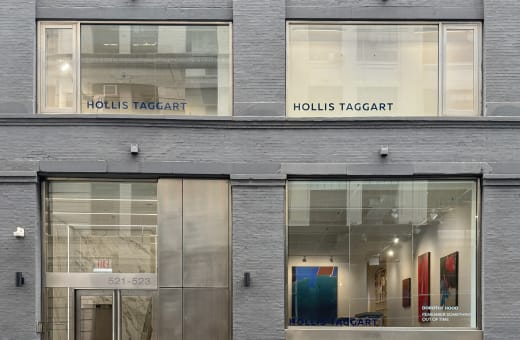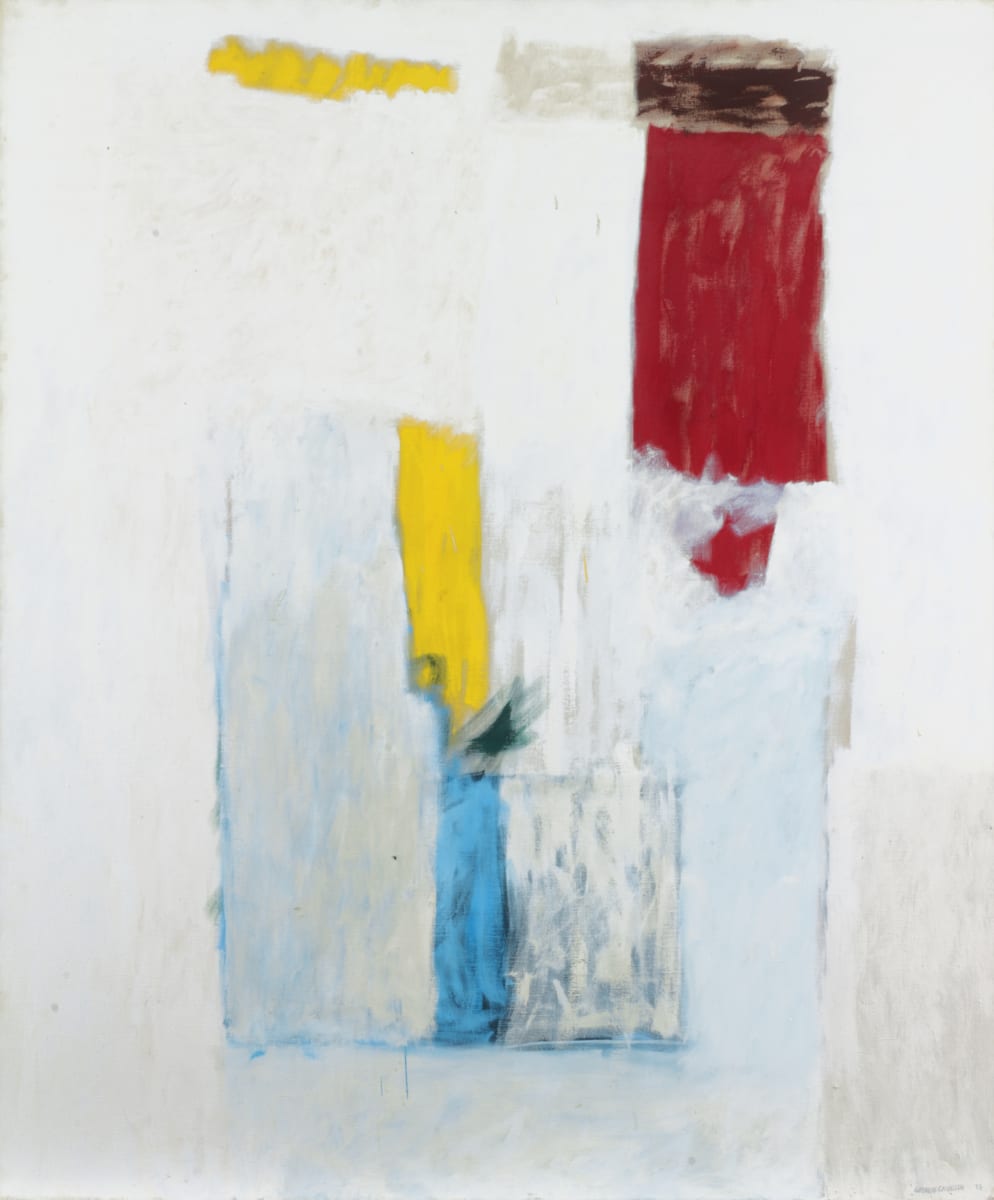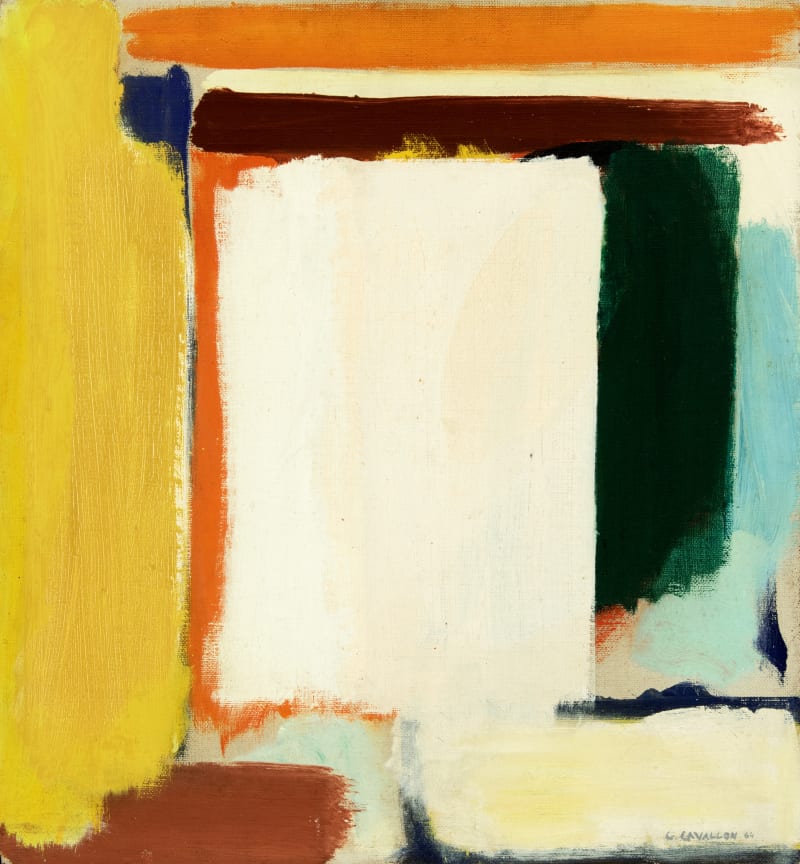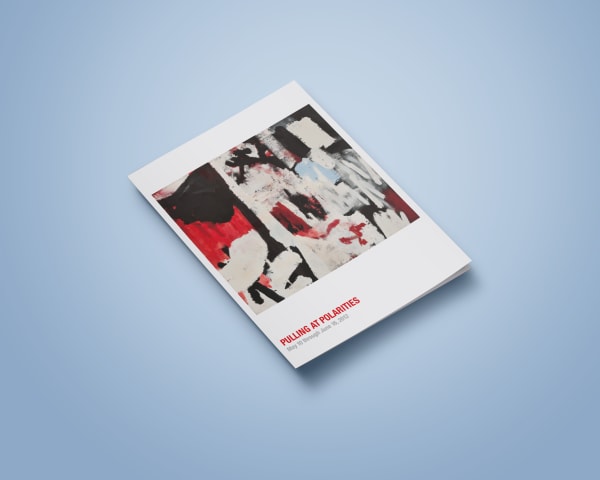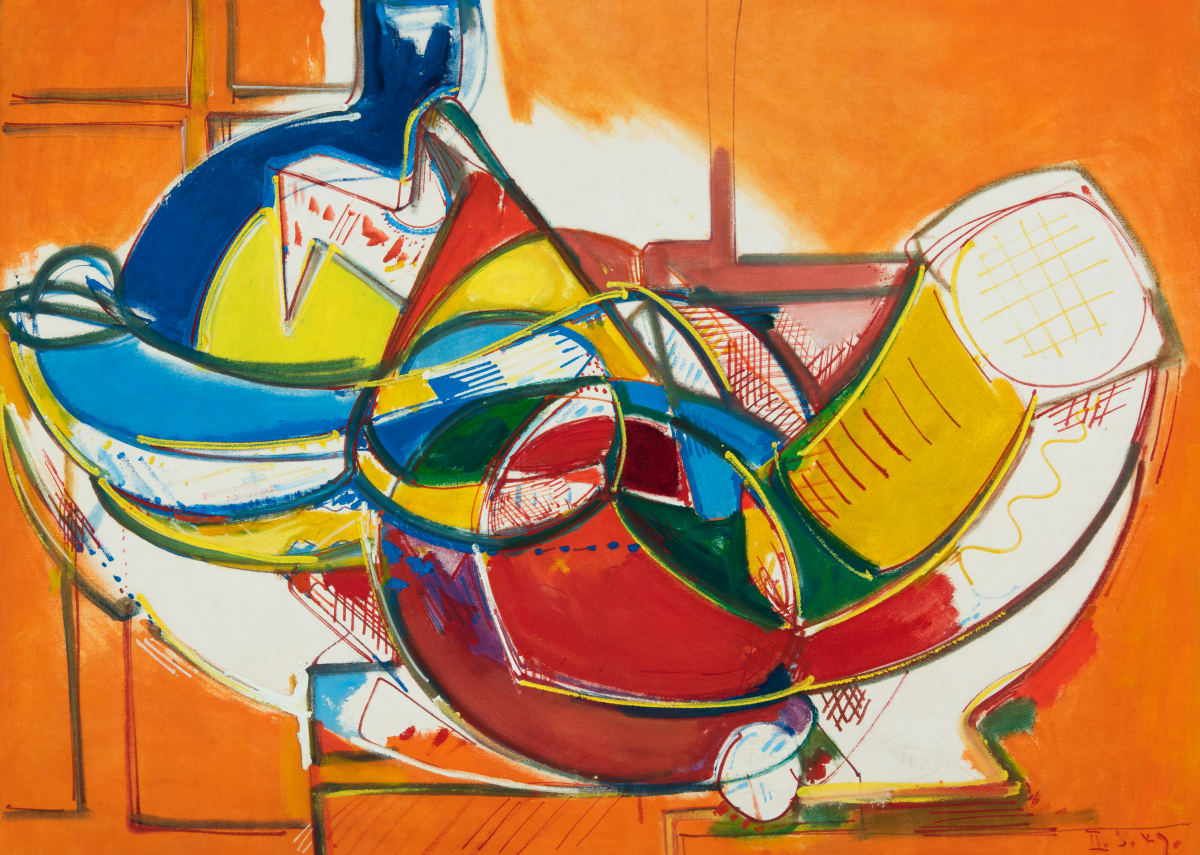
Cavallon developed a sense of shared artistic goals and communal spirit that he carried throughout his career.
Born in Sorio, Italy, in 1904, Giorgio Cavallon immigrated to the United States in 1920 after the death of his mother four years prior. In the early 1920s the teenage artist received private art instruction in Worcester, Massachusetts, and following these initial studies, in 1926 he enrolled in the National Academy of Design in New York. The next summer he traveled to Provincetown, where he thrived in its rich artistic community, studying with Charles Hawthorne and even cooking meals alongside Hans Hofmann.
Born in Sorio, Italy, in 1904, Giorgio Cavallon immigrated to the United States in 1920 after the death of his mother four years prior. In the early 1920s the teenage artist received private art instruction in Worcester, Massachusetts, and following these initial studies, in 1926 he enrolled in the National Academy of Design in New York. The next summer he traveled to Provincetown, where he thrived in its rich artistic community, studying with Charles Hawthorne and even cooking meals alongside Hans Hofmann.
Due to his experiences in Provincetown, Cavallon developed a sense of shared artistic goals and communal spirit that he carried throughout his career. In 1936 Cavallon joined other like-minded artists in founding the American Abstract Artists group, with whom he exhibited yearly until 1957. A charter member of The Club, in 1949 he participated in the Ninth Street Show, and the following year Leo Castelli selected his work to appear in the exhibition, Young Painters in the U.S. and France, at Sidney Janis Gallery. As part of the FDR’s New Deal program, Cavallon participated in the Easel and Mural Division of the WPA Federal Art Project, serving as Arshile Gorky’s assistant.
In the 1930s, the artist’s work received public attention and critical acclaim: in Venice in 1932 Cavallon had his first solo exhibition, and two years later he received another one-man show, at ACA Gallery, New York. In the 1940s and 1950s, the artist continued to refine his signature style. Represented by the venerable Egan Gallery and later by the Kootz Gallery, both in New York, Cavallon mounted numerous solo exhibitions, and participated in several group shows, including Documenta II, the 1959 Whitney Annual, and the Museum of Modern Art’s 1951 exhibition, Abstract Art in America. Cavallon’s works are included in major museums and corporate collections across the United States, such as the Museum of Modern Art, New York; the Guggenheim Museum; the Whitney Museum of American Art; the Albright-Knox Art Gallery, Buffalo, N.Y.; Fogg Museum, Harvard University; Chase Manhattan Bank; Prudential Insurance Company; and the I.B.M. Corporation. In 1988 the artist was inducted into the American Academy and Institute of Arts and Letters. In proposing Cavallon for membership, the artist Robert Motherwell delivered an eloquent tribute to his friend and colleague:
“One of the rarest phenomena in regards to creative artists in the twentieth century is to sustain, over more than fifty years, a level of accomplishments that is as strong at the end as it was at the beginning and the middle. Giorgio Cavallon has done just that to the admiration of all his fellow artists. His Italianate sensitivity to radiating color, his subtle but implacable sense of form and his personal identity (one recognizes a Cavallon from one hundred feet away), makes him, in my opinion, one of the most underestimated artists, outside narrow art circles, working in America today. His vigor and devotion over so long a period of time are stunning.“
1. All citations from Giorgio Cavallon, 1904-1989, A Retrospective View. Storrs, Conn.: William Benton Museum of Art, University of Connecticut, 1990.
